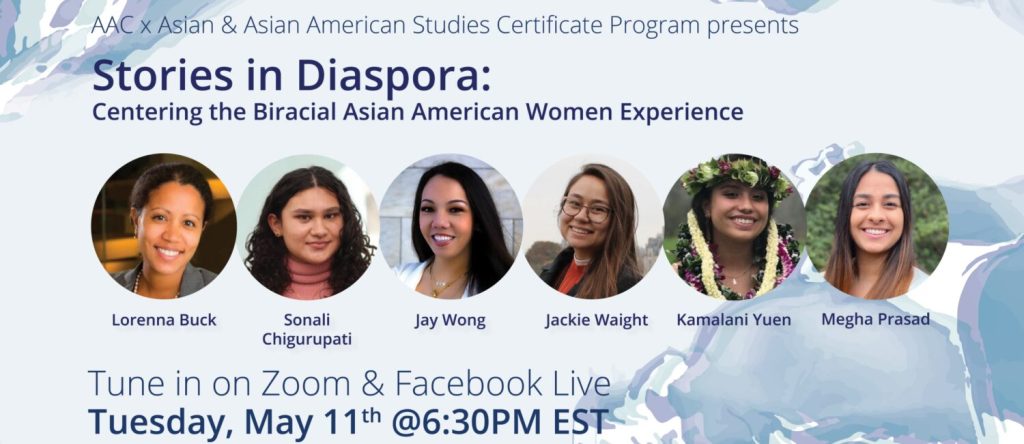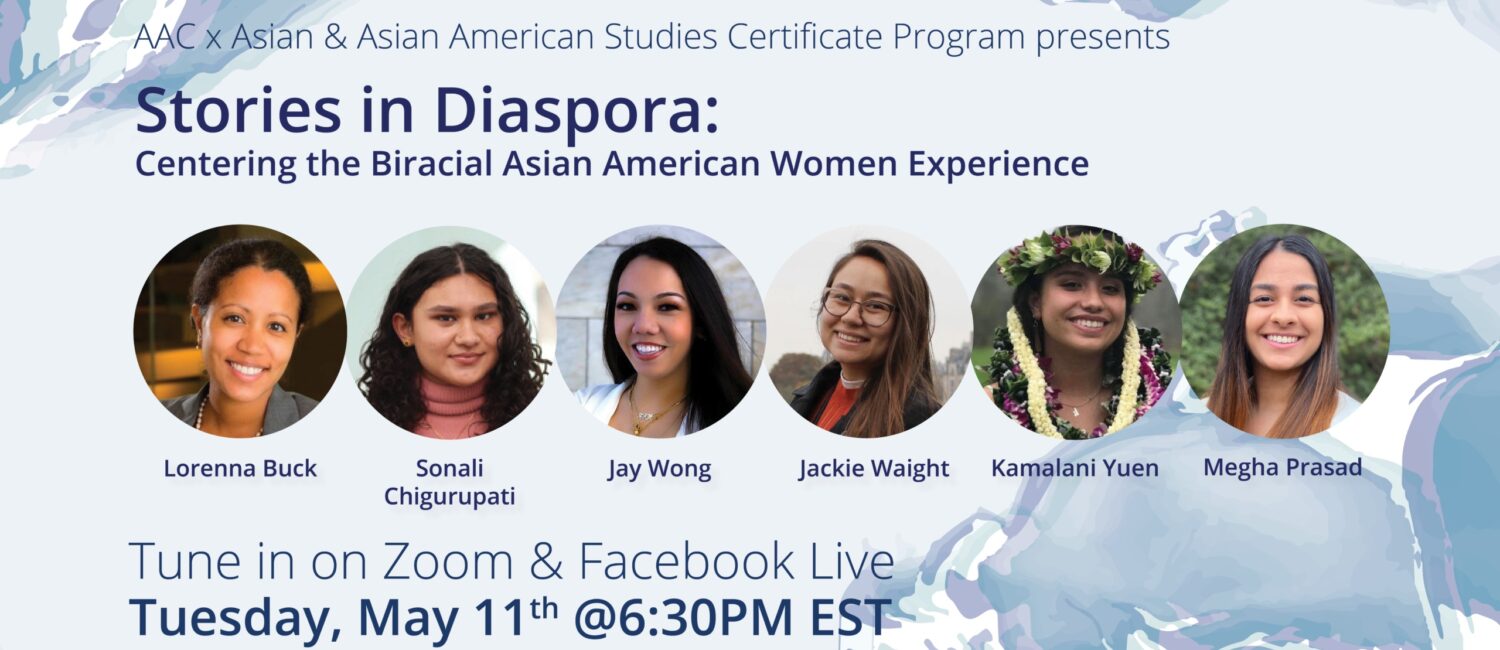
East West Players Highlights and Celebrates Asian-American Stories Through Theater

East West Players and the Legacy of Asian American Theater-Making
For nearly 60 years, East West Players (EWP) in Los Angeles has stood as a trailblazer in the American performing arts landscape, notably as the nation’s longest-running professional theater of color and the first dedicated to elevating the artistic voices of Asian American Pacific Islander (AAPI) communities. From its modest beginnings in a church basement to occupying a prominent theatrical venue in downtown LA’s Little Tokyo, EWP has been both a haven and a launching pad for generations of AAPI performers, playwrights, and theater professionals seeking representation, opportunity, and authenticity.
A History Born from Absence
East West Players was established in 1965, in the thick of a cultural moment when AAPI actors were largely confined to stereotypical bit parts. On-screen, Hollywood figures like Sammee Tong and Victor Sen Yung portrayed cooks, valets, and houseboys—roles filtered through the gaze of white producers and writers. Landmark productions like 1961’s Flower Drum Song offered glimpses of inclusion, but the broader landscape continued to limit Asian American storytelling until the slow mainstream progress witnessed in works like The Joy Luck Club (1993) and Crazy Rich Asians (2018).
In this climate of exclusion and misrepresentation, actor Mako Iwamatsu and fellow co-founders—including Soon-Tek Oh, James Hong, Beulah Quo, and Rae Creevey—created East West Players. Their goals were pragmatic and visionary: create employment opportunities for Asian American actors and produce roles that transcended Hollywood’s cultural stereotypes.
The organization quickly evolved from a space for performance into a hub for artistic and personal discovery. Former director of production Andy Lowe explains, “Eventually, it expanded to owning one’s own narrative and developing the playwrights who would tell our stories authentically, with humanity.”
A Platform for Storytelling and Transformation
Through its decades of existence, East West Players has cultivated a multi-faceted mission centered around three pillars—as articulated by Artistic Director Lily Tung Crystal: “Asian-American stories, high-quality art, and social justice.”
This mission is brought to life through its various programming:
Mainstage Productions: Each season, EWP mounts three to four professional plays and musicals at the David Henry Hwang Theater, featuring original works and reinterpretations of classic tales through an AAPI lens. From revivals of Stephen Sondheim’s Pacific Overtures to original musicals like On This Side of the World by Paulo K Tiról, highlighting Filipino immigrant experiences, these shows illuminate the breadth of the Asian American experience.
Theatre for Youth: EWP commissions plays that tour Los Angeles schools and community centers, introducing young people to pivotal but often underrepresented figures such as Yuri Kochiyama or Malcolm X, bridging history with modern identity politics.
Professional Development: Offering classes ranging from auditioning to playwriting, EWP provides training by industry veterans of color who understand the social, emotional, and artistic nuances AAPI performers face in a white-dominated industry. Crucially, the program respects accents and cultural differences rather than erasing them.
Writers’ Group: This initiative supports emerging and established playwrights in developing new work, often rooted in personal or communal narratives. Alumni include powerhouse voices like Kristina Wong, Anna Moench, and Larissa FastHorse—playwrights who have gone on to national acclaim.
In addition to these structured programs, EWP has continually chosen challenging and deeply human stories, such as The Great Jheri Curl Debate (2022), which explored tensions and solidarities between Black and Asian American communities, or Cambodian Rock Band (2025), a journey through history using music and memory to explore the legacy of violence and resilience.
Personal Journeys Rooted in Community
Individual testimonies from performers, writers, and volunteers underscore the transformative role EWP plays. Actor Dom Magwili recounted how his work at East West Players helped him rediscover and embrace his Filipino identity through writing and performance. “I thought of myself as a European and just found myself in this odd body,” he said—until a specific acting exercise cracked his internalized assumptions. That moment redirected his artistic path and planted him squarely in the Asian American community.
Volunteer David Nguyen echoed a similar sentiment: “We are doubly proud, not only because of the people that are on stages telling their stories. We’re also proud because there’s this feeling in the room that we are succeeding.”
Producing Equity Both Onstage and Offstage
East West Players has also played a role in preparing AAPI artists for mainstream success while spotlighting ongoing disparities. Notable alumni include John Cho (Star Trek, Harold and Kumar), Daniel Dae Kim (Lost, Hawaii Five-0), and BD Wong (M. Butterfly). The latter won all five top New York theater performance awards for a single role—yet gaps remain. Kim and colleague Grace Park ultimately left Hawaii Five-0 when they were denied compensation equal to their white